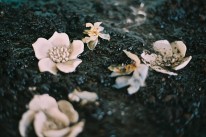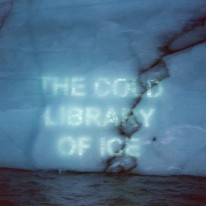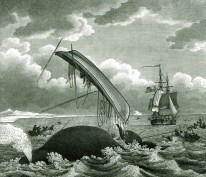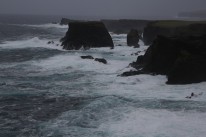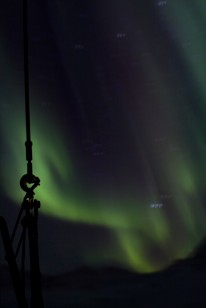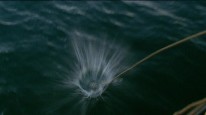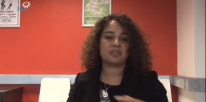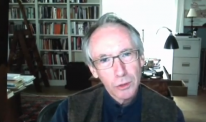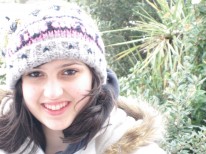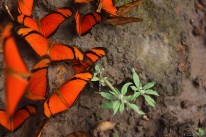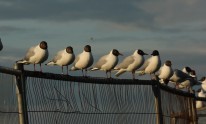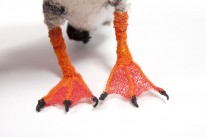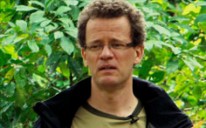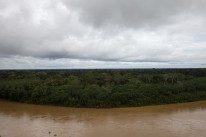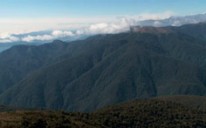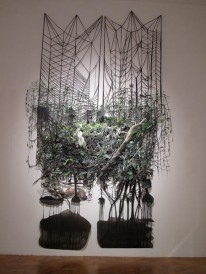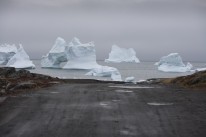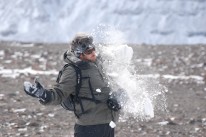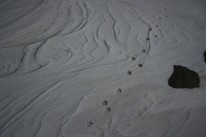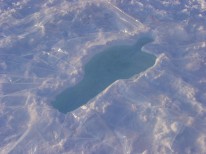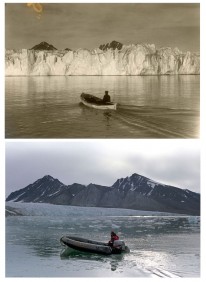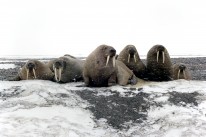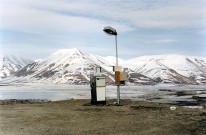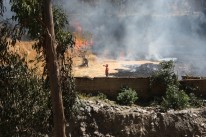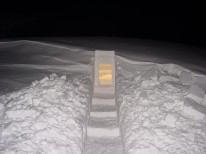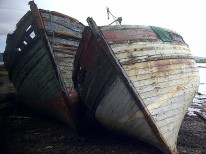Karen McCarthy Woolf
My Approach

The SWITCH inspire site is curated by the poet Karen McCarthy Woolf. Read on to find out about her approach, and for tips on how to develop your own creative ideas.
My Approach
As a writer I’m very interested in process. I keep a journal and a notebook, where I jot down thoughts and ideas. I use the camera on my phone to snap pictures of things that catch my eye. I often go to galleries and use painting, photography and sculpture as inspiration for new poems.
For me poetry is a way to speak out about the issues that concern me so that people can experience the world from my unique perspective. Even though I’ve always lived in London my poetry is strongly connected to the natural world. Now, as climate change accelerates and we begin to feel its effects with more extreme weather conditions, the destruction of natural habitats and extinction of species, writing about what’s happening feels even more important. I don’t know if poetry or art can change the world, but I do know it can change the way we think about the world and hopefully, by extension, how we live in it.
Cape Farewell brings artists and scientists together to think about climate science creatively. As I selected the material for the SWITCH website, much of which comes from expeditions to the areas and communities most affected by climate change, I was struck by the way the artists, musicians and writers responded to the beauty and spirit of the landscape and how that made me think about what humanity has to lose.
Of course, the challenge is to find a way to explore these big and complex issues in a manner that is also personally meaningful. For me, the best poetry is detailed, thoughtful and speaks from and to the heart. From 18 January, I’ll be setting a poetry challenge on the Young Poets Network, every week for four weeks. In addition to bringing the issue and the artworks that respond to it to a wider audience, I’ll be sharing some of my own writing techniques and practice, and inviting participants to add their poems to the larger conversation on climate change and what we as individuals can do about it. I’ll also be selecting some of the best poems submitted to be showcased on the SWITCH website.
On Notebooking
Keep a notebook/journal and carry it with you. Jot down ideas that spring to mind, or make a note or sketch of things that catch your eye. If you have a camera to hand you can also use it snap photographs.
You can also use your notebook as a scrapbook and collect newspaper and magazine articles that grab your attention. Some of it might be directly associated with climate change, some of it less so. Allow yourself the space to write openly and freely – like a diary, a journal is a private space: yes, you may choose to develop some of the ideas in it for sharing, but that’s your decision and it’s optional. Write about how you feel as well as what you think.
On Freewriting
Freewriting is a technique many writers use when they want to brainstorm. I find it really helps me to discover fresh ideas for poems, or to find lines and phrases I wasn’t expecting. It’s also a way to download all the stuff you don’t want to go into a poem, but can’t quite get out of your head.
The technique is simple: decide on a time frame, say 5 or 10 minutes and then start writing the first thing that comes into your head. You can write whatever you like, the only rule is to KEEP YOUR HAND MOVING ON THE PAGE. Write fast and don’t allow yourself to think. If you get stuck, write anything, like ‘blue blue blue dog whistle stop fairy Christmas nonsense like this’, the trick is to just keep going. Don’t worry about being neat, or whether what you say makes sense, or whether there are spelling or grammar mistakes. Just keep writing until the time is up.
When you’ve finished, read it over and underline any lines or phrases you like or stand out: you might use these as material for your poems.
Get inspired and start looking round the material on the SWITCH site.



